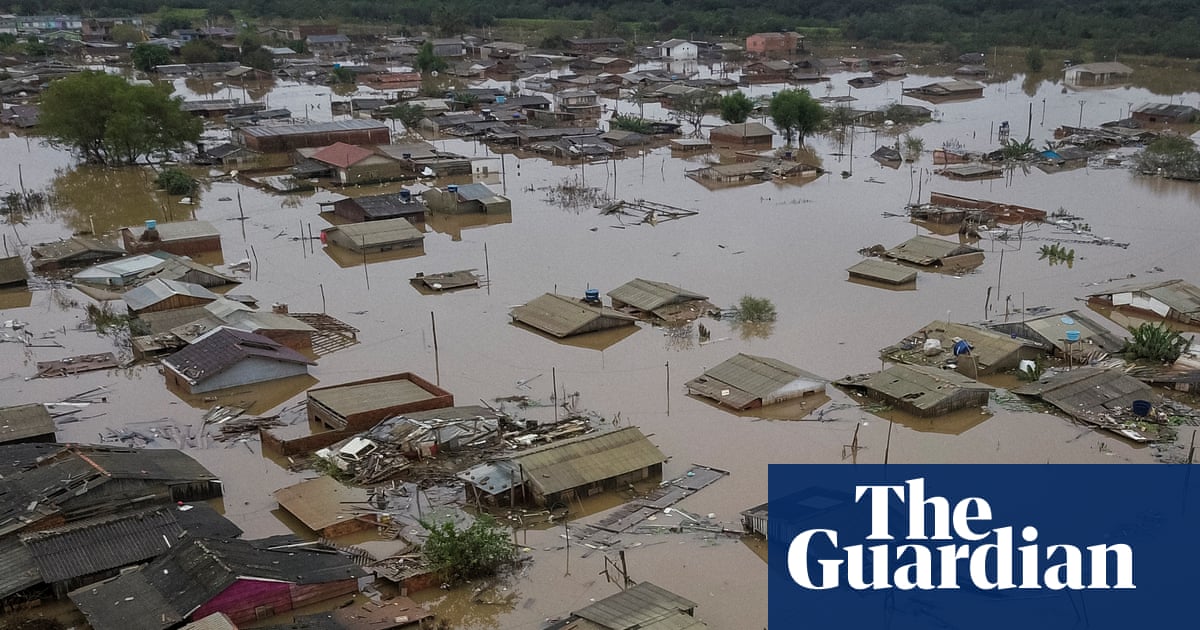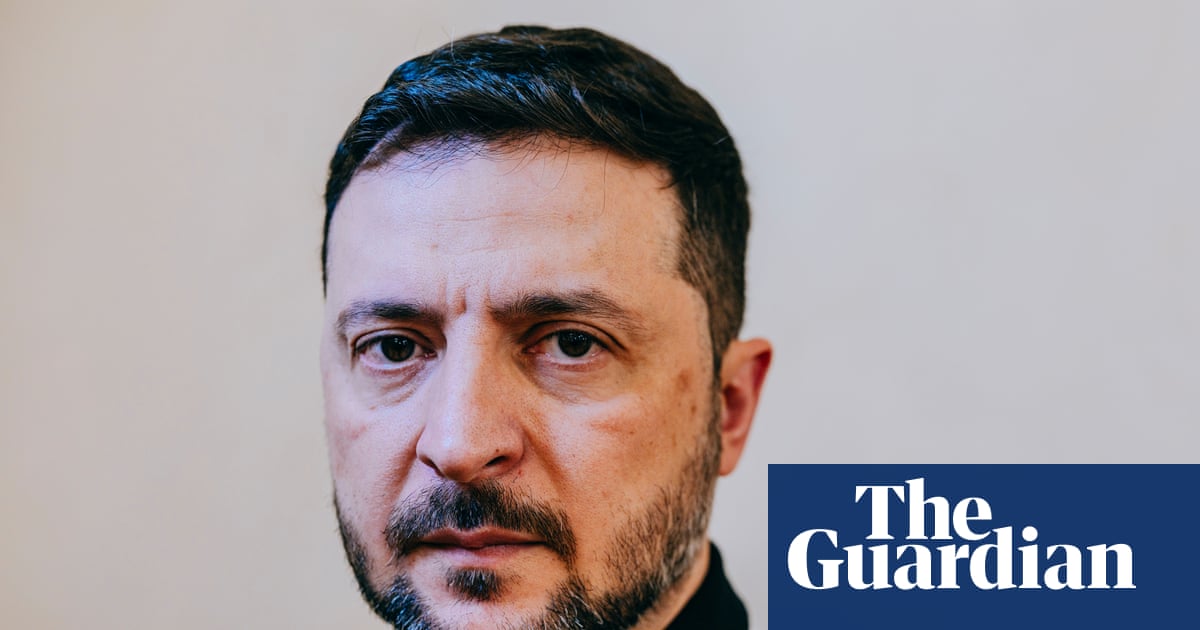The “worst cholera outbreak in years” has killed at least 40 people in the last week in Sudan, according to the medical charity Médecins Sans Frontières.
Overwhelmed medical centres are resorting to treating patients on mattresses on the floor, MSF said, as the country’s two-year civil war aids the spread of the disease.
Sylvain Penicaud, MSF project coordinator in Tawila, North Darfur state, said families in displacement and refugee camps often had no choice but to drink dirty water, the main cause of cholera.
“Just two weeks ago, a body was found in a well inside one of the camps. It was removed, but within two days, people were forced to drink from that same water again,” he said.
Sudan’s cholera outbreak was first confirmed by the Federal Ministry of Health a year ago, and there have since been more than 99,700 suspected cases and more than 2,470 related deaths.
The disease is spreading as people flee fighting, and being worsened by heavy rains, which contaminate water and overwhelm sewage systems, public health leaders said.
The Africa Centres for Disease Control and Prevention, the public health agency of the African Union, has repeatedly raised concerns about the spread of cholera on the continent, which as of May accounted for 60% of cholera cases and 93.5% of related deaths globally. Vulnerable and conflict-affected states such as the Democratic Republic of the Congo and South Sudan, as well as Sudan, are among the worst affected.
MSF said its teams in Tawila, working with the local health ministry, had treated more than 2,300 cholera patients last month. The hospital’s 130-bed treatment centre had to accommodate 400 patients in the first week of August.
About 380,000 people have arrived in the small town since April as they flee fighting around the city of El Fasher and Zamzam camp, according to UN records.
While the World Health Organization says that during an emergency people need at least 7.5 litres of water a day for drinking, cooking and hygiene, people in Tawila must survive with an average of only three.
MSF said water shortages across Darfur made it “impossible to follow essential hygiene measures, such as washing dishes and food”.
Cholera treatment centres in other towns and regions were also being “overwhelmed”, it said.
“The health centres are full,” said Samia Dahab, a resident of Otash displacement camp in Nyala, South Darfur state. “Some areas have water, others have kiosks that are far [away] or empty. Some water is salty, and we drink it unboiled, unsure if it’s safe.”
Tuna Turkmen, MSF’s head of mission in Sudan, said the situation was “beyond urgent” and “spreading well beyond displacement camps now, into multiple localities across Darfur states and beyond”.
In neighbouring Chad, 16 deaths and 288 cases were reported in the second week of August.
Turkmen called for an international response “to provide healthcare, improve water and sanitation services, and begin cholera vaccination campaigns in affected areas at a pace that matches the urgency this catastrophic situation requires”, warning: “Survivors of war must not be left to die from a preventable disease.”

 2 months ago
73
2 months ago
73

















































